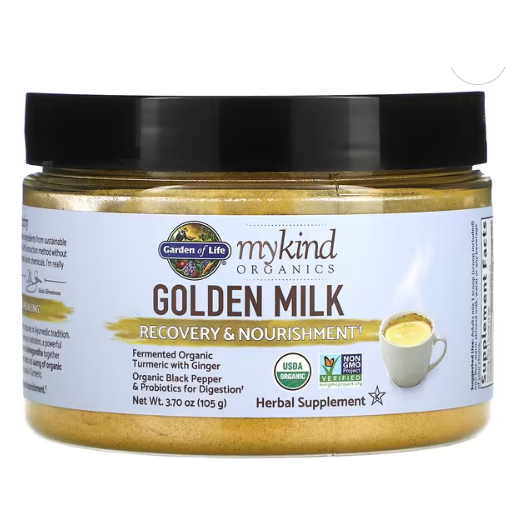Introduction:
In recent years, magnesium (Mg) has emerged as a nutrient of significant importance due to its diverse range of biological functions. As one of the most crucial micronutrients in biological systems, Mg plays a pivotal role in immune regulation, inflammation control, and the body's response to infectious agents and malignancies. This article explores the profound impact of magnesium on the immune system, shedding light on its various mechanisms and underscoring its role in maintaining optimal health.
Magnesium: Sources, Absorption, and Metabolism
Magnesium is a vital dietary component essential for sustaining the physiological functions of living organisms. Regular consumption is necessary to meet recommended intake levels and prevent the risk of deficiency. This section not only identifies potential sources of magnesium but also delves into factors affecting its bioavailability, absorption, and excretion. Despite being present in a variety of food sources such as seeds, legumes, nuts, whole grain bread, cereals, and select fruits, the concentration of magnesium is subject to various factors like soil composition and agricultural practices. The article emphasizes the importance of understanding these factors to ensure adequate magnesium intake.
The Importance of Magnesium in the Immune System
Recent studies have highlighted the critical role of magnesium in the immune system. A deficiency in magnesium has been linked to an increased susceptibility to viral infections and the rapid development of metastatic cancer cells. Moreover, magnesium deficiency has been associated with inflammation and oxidative stress, particularly in the context of COVID-19. The article explores the intricate relationship between oxidative stress, chronic inflammation, and the development of various chronic diseases, including cancer, diabetes, cardiovascular, neurological, and pulmonary diseases. Understanding this connection underscores the significance of magnesium in maintaining a healthy immune system.
Mechanisms of Magnesium in the Immune System
The exact mechanisms of magnesium in the immune system have long been a mystery, but recent research has provided valuable insights. Lötscher and colleagues conducted preclinical and clinical research, revealing that magnesium is essential for the proper function of the cell surface protein LFA-1 on CD8+ T-lymphocytes. This protein is associated with the regulation of leukocyte function and serves as a key player in immune cell response and transportation. Low serum magnesium levels were found to be linked with more advanced disease conditions and shorter overall survival in patients treated with CAR T cells or immune checkpoint antibodies. The article discusses the implications of these findings, highlighting the potential of magnesium as a therapeutic biological network in cancer immunotherapy.
Magnesium in Aging and Immune Dysfunction
As magnesium deficiency is common in old age, the article explores its strong association with inflammation through various mechanisms, including N-methyl-d-aspartate (NMDA) receptor and NF-κB mediation. The article also discusses the genetic condition X-associated Mg-deficit immunodeficiency (XMEN) and its connection to severe chronic Epstein–Barr viral (EBV) contamination. Understanding these links emphasizes the crucial role of magnesium in regulating the immune system and preventing immune dysfunction, especially in aging populations.
Conclusion
In conclusion, magnesium emerges as a fundamental element for optimal immune function, inflammation regulation, and overall health. A balanced diet typically provides sufficient magnesium, but supplementation may be necessary in certain cases. The article stresses the importance of avoiding excessive magnesium supplementation, as it can have negative impacts on immune function. Through a comprehensive exploration of magnesium's role in immune response, inflammation control, and its potential therapeutic applications, this article aims to provide valuable insights for individuals seeking to enhance their immune health. Magnesium, with its multifaceted contributions to immune function, stands as a key player in the quest for overall well-being.



